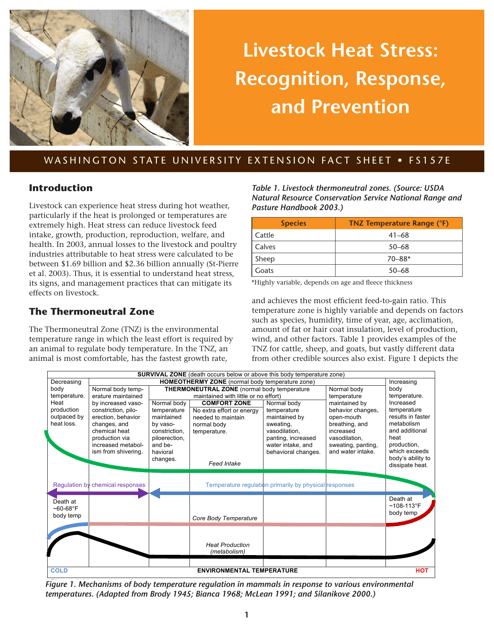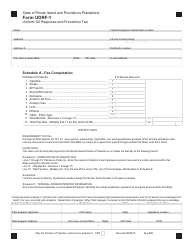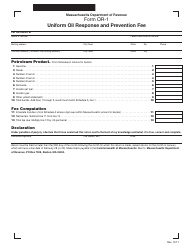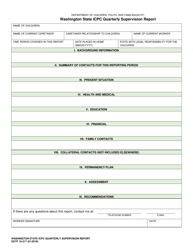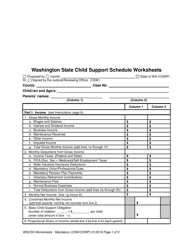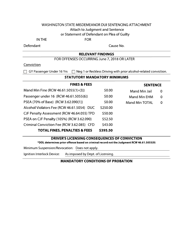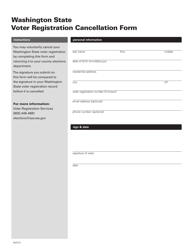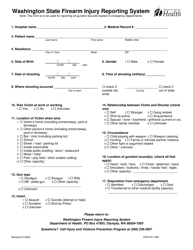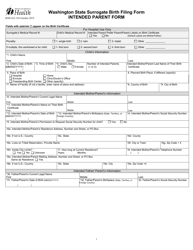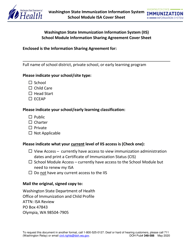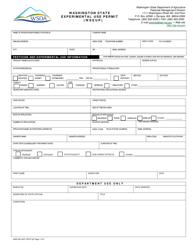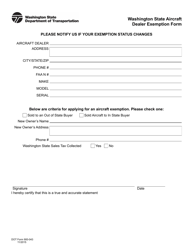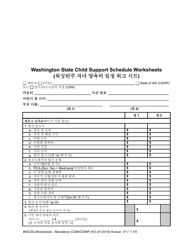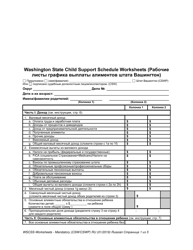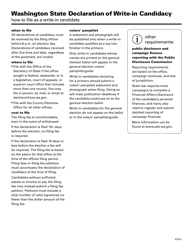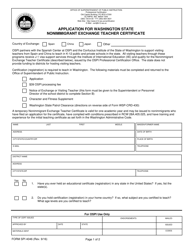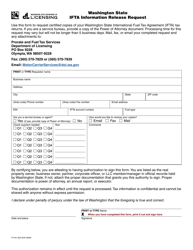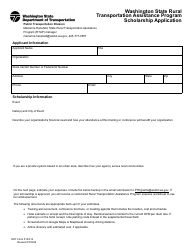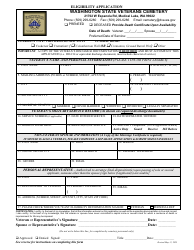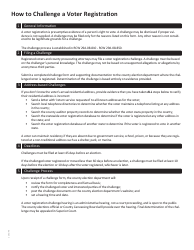Livestock Heat Stress: Recognition, Response, and Prevention - Washington State University Extension Fact Sheet - Washington
The fact sheet "Livestock Heat Stress: Recognition, Response, and Prevention" from Washington State University Extension is designed to provide information on identifying and managing heat stress in livestock. It offers guidance on recognizing the signs of heat stress in animals, appropriate responses to mitigate the effects, and measures for prevention.
The Livestock Heat Stress: Recognition, Response, and Prevention fact sheet from Washington State University Extension is filed by Washington State University Extension.
FAQ
Q: What is livestock heat stress?
A: Livestock heat stress occurs when animals are exposed to high temperatures and humidity, which can negatively impact their health and productivity.
Q: What are the signs of heat stress in livestock?
A: Signs of heat stress in livestock include excessive sweating, panting, increased respiration rate, decreased feed intake, and reduced milk production.
Q: How can I respond to heat stress in livestock?
A: To respond to heat stress in livestock, provide access to shade, increase ventilation, offer plenty of clean water, and adjust feeding schedules to cooler times of the day.
Q: What are some prevention measures for heat stress in livestock?
A: Prevention measures for heat stress in livestock include providing shade and cooling systems, avoiding transportation during extreme heat, and adjusting management practices to minimize heat exposure.
Q: Are certain livestock species more susceptible to heat stress?
A: Yes, some livestock species, such as cattle, sheep, and pigs, are more susceptible to heat stress than others. It is important to understand the specific needs and vulnerabilities of each species.
Q: What are some long-term effects of heat stress on livestock?
A: Long-term effects of heat stress on livestock can include reduced reproductive performance, decreased immune function, and increased susceptibility to diseases.
Q: Are there any resources available for more information on livestock heat stress?
A: Yes, Washington State University Extension provides a fact sheet on livestock heat stress which can be a valuable resource for more information and guidance.
